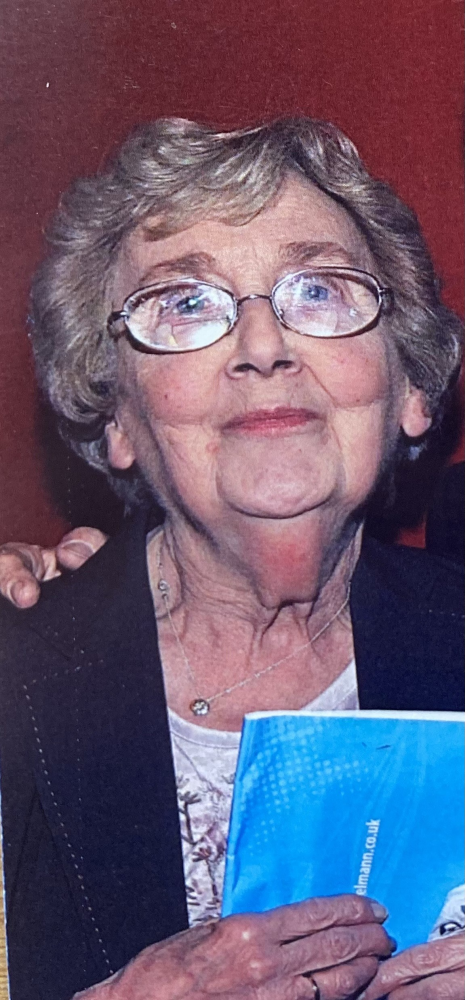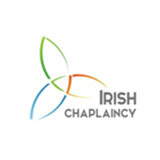Dignity and Hope On Life's Final Journey
September 28, 2024 Blog
This is the first in a four part series reflecting on the work of the Irish Chaplaincy Seniors by its manager Paul Raymond.
Ten years ago this month my Mum, Angela, died. Her photograph is below. She had suddenly contracted sepsis, been put into an induced coma for two weeks in intensive care, and died three days after coming out of the coma. Her fragile body was no longer able to cope and her time had come.
For those days she was in hospital she had a loving family around her, friends visited too and we knew the sort of funeral she wanted, and that she wanted to be laid to rest with my late Dad who had pre deceased her by some twenty years.
I mention all of this, partly as recalling it helps me to process her passing even a decade after her death. In my view we 'adjust' to a loved one passing, rather than 'getting over it'. We work towards, if we can, an acceptance of the new reality in our lives and the fact that our family member or friend is no longer physically here. We come to realise that life is changed for us as well as for them.
However I also share this story because of how it informs my work at the Irish Chaplaincy. Each year several of our clients die, predominately older people, and we are often called upon to support them in the last months and weeks of their lives, providing emotional and spiritual support but also a range of what could be termed practical help too.
This practical support includes funeral planning, advice and signposting on making a will or setting up a lasting power of attorney, and in some cases reconnecting people with family and friends in Ireland.
Often we arrange and lead funerals too, and can sometimes be the only mourners. Very importantly we also ensure people are buried back in Ireland if that is their wish. Unlike my Mum a lot of the people we support have little or no help at this crucial time and struggle to manage with such emotive issues as making a will or planning their funeral.
Most crucially they have no one alongside them to journey through the complex and often frightening last stages of their lives. Our accompaniment can be as simple yet as profound as sitting by a bedside, holding a hand, sharing words of hope and encouragement and praying with someone if they wish. People at this time can seek to make sense of their lives and their good and bad experiences, while exploring how they feel about questions of life after death. We are a comforting presence on this journey.
But too many people face these challenges alone with no one alongside them. Shockingly, a recent study revealed that last year some 9,000 people in England and Wales were found at least a week after they'd died alone. Many of these are over 60 years old and is especially prevalent in large cities like London.
The study led by Dr Lucinda Hiam of the University of Oxford and published by the Journal of the Royal Society of Medicine in November last year, also highlighted the potential links between growing isolation and these deaths. Dr Theo Estrin-Selui, one of the authors of the study made the following telling statement.
"If someone is forgotten about in death, it means these people were likely to have been forgotten about and neglected in life".
The Irish Chaplaincy Seniors is here to do all we can to ensure those we support are not forgotten about and neglected and do not die alone, but rather can face the end of their lives with hope and dignity. We want to help them have a 'good death', something which is a basic human right and gives meaning to the life a person has lived.
If you know of any older Irish people in London who can benefit from our support please do let us know.
Photograph of Paul's mother, Angela.


